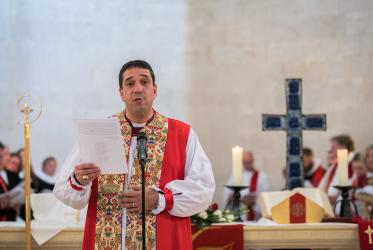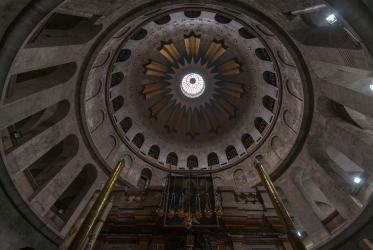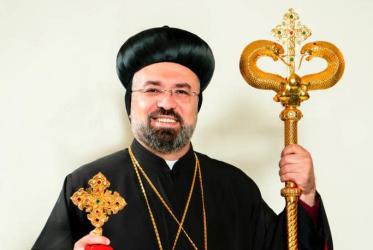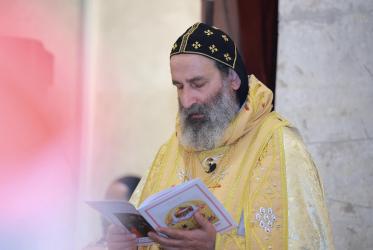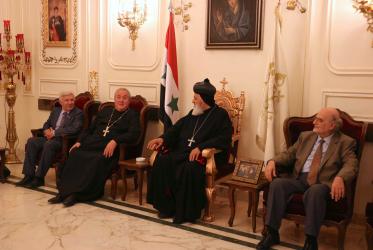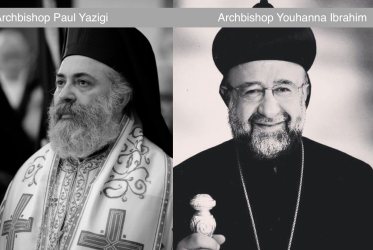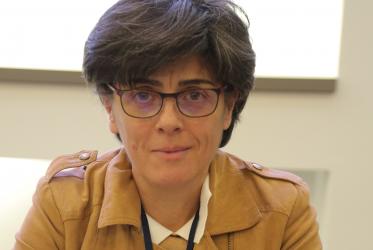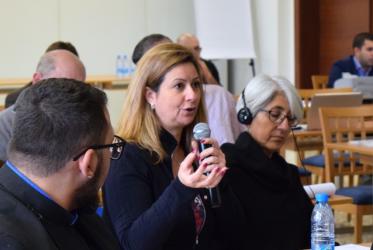Displaying 1 - 20 of 24
WCC renews call for release of archbishops of Aleppo
28 February 2022
In Lebanon, “without peace there is no justice”
21 July 2021
Hope prevails in times of crisis in Lebanon
14 September 2020
Christian and Muslim promote spiritual solidarity
14 June 2017
Churches’ diaconal action in the Middle East analyzed
01 December 2016
“European solidarity must be strengthened”
29 October 2015

